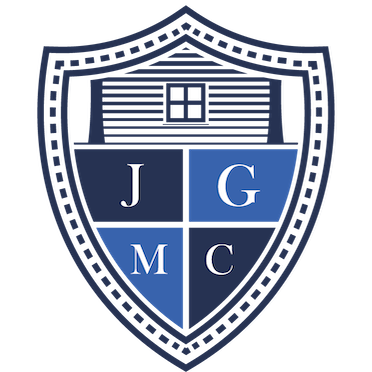
If there’s one thing politicians are good at, it’s printing money.
No matter which side of the aisle they’re on, legislators have a knack for making trillions of dollars appear out of thin air. But it’s just paper — not gold-backed currency — which inevitably leads to inflation.
And inflation causes home values to skyrocket.
This leads politicians to tax homeowners on money they never actually had access to (i.e., property taxes). Because home equity is an unrealized gain until you sell your house.
Some say this is “just the way things work.”
We say it’s theft. And we mean it.
“Taxation is theft” has become a cliché talking point at libertarian conferences all over the country. To the uninitiated, it can sound like hyperbole.
But it’s not. Taxation is a true act of thievery — and of course, we’re happy to break that statement down.
Think about it like this: If someone came to your door and demanded that you give them your flatscreen TV, would you do it? What if they threatened your family’s livelihood if you refused to comply?
That’s clearly theft. So… why is it different when the government comes to collect your taxes under threat of penalty?
If you work for your money, that money is yours. Any attempt by an outside party to take it without your consent is, by definition, theft.
But the government provides essential services! some haters argue.
Maybe (debatable), but did you consent to pay for those services? Not exactly.
It’s kind of like if your neighbor mowed your lawn without asking and then demanded payment. We can all agree that wouldn’t be a fair deal — but we let the government play out the same charade year after year.
If it looks like coercion and sounds like coercion and feels like coercion… it’s probably coercion. Which is just another way of saying theft.
From our perspective, the government shouldn’t get a moral pass. If it’s wrong for individuals to steal, then it’s wrong for the Fed to do it, too.
So, what’s the alternative to taxes?
1. User fees: In this scenario, you would pay directly for services you use, i.e., highway tolls, schooling fees, or healthcare fees. If you don’t use these services, however, you wouldn’t pay for them.
2. Voluntary donations: Yes, we really could fund a minimalist government this way.
3. Private alternatives: Private security and arbitration would take the place of police forces and government courts, eliminating the need for taxpayer funding.
4. Charity and mutual aid: We don’t give humans enough credit for their innate kindness and generosity. Through charities, mutual aid societies, churches, etc., we would be able to help those in need — voluntarily. How nice would that be?
5. Voluntary HOA fees: Instead of property taxes, you could choose to move to a private neighborhood or community and pay dues for roads, security, and other amenities.
The bottom line: People should be allowed to keep their money, choose their services, and voluntarily support causes that matter to them. It’s the only way to prevent the mass theft we experience today.
And of course, we need politicians to stop printing valueless money to “bolster” a sinking economy (enabling further theft).
The market should be allowed to course-correct organically. Otherwise, we’ll still be fighting the same monetary battles a decade from now — and they’ll be a lot harder to win.



